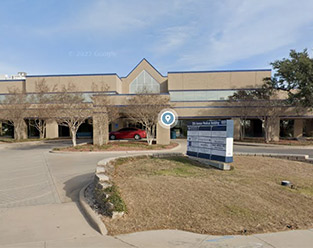Fluid Retention in the Brain after a TBI | Impact and Treatment
 It’s a common occurrence in the body after an injury—you’ll experience swelling or inflammation at or near the location of the injury. It’s typically the result of the increased movement of fluid and white blood cells to the injury and can be nature’s way of limiting your use of the injured body part as it heals.
It’s a common occurrence in the body after an injury—you’ll experience swelling or inflammation at or near the location of the injury. It’s typically the result of the increased movement of fluid and white blood cells to the injury and can be nature’s way of limiting your use of the injured body part as it heals.
The same thing can happen in the brain, but it can be potentially dangerous. That’s due, in part, to the fact that your brain is encased in your skull, with little or no room for expansion. The increased production of fluid in your brain (or occasionally, the blockage of fluid through your brain) can lead to dangerously high levels of pressure on your brain, which can deprive your brain of critically required oxygen.
What Causes Hydrocephalus?
Water on the brain, also known as hydrocephalus, may stem from a variety of circumstances, from trauma to infection. It can be the result of a brain bleed, or it may be due to an excess of cerebrospinal fluid (CSF). A concussion or traumatic brain injury will often lead to structural changes within your brain, making it difficult or impossible for the CSF to move freely through your ventricular system. In addition, in some instances, your body will respond to trauma by increasing its production of CSF.
How Is Hydrocephalus Treated after a Concussion or Traumatic Brain Injury?
The common response to post-traumatic hydrocephalus, or water on the brain, is to drain some of the fluid, typically through a lumbar tap or puncture. Your cerebrospinal fluid travels the length of your spinal cord. To drain excess fluid, doctors will typically insert a needle between two vertebrae in your lower back (the lumbar region) and drain some CSF. If necessary, a shunt may be implanted, which will allow for easier draining and regulation of excess fluid moving forward.
Contact Us to Set Up an Appointment
At Advantage Healthcare Systems, we have extensive experience working successfully with individuals who suffer any type of concussion, TBI or traumatic brain injury. Call us toll-free at 1-877-487-8289 or fill out the form provided below to schedule an assessment. We offer locations across Texas, including Fort Worth, Dallas and San Antonio.





